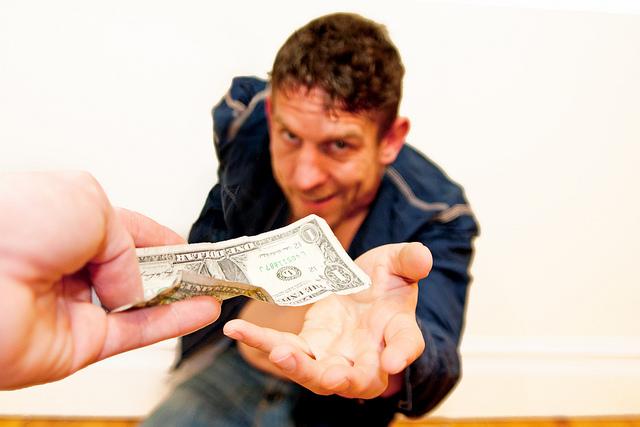What behavioral economics tells us about human behavior
Behavioral economics can lead to some funny and slightly obvious epiphanies about human behavior. But, in the right hands, it can radically transform the way a company or government does business.
You probably aren’t a cold, unfeeling, Spock-like creature. But for a long time, economists believed that you were.
In the 1970s and 80s, though, some academics started arguing that humans frequently make illogical decisions. The field they created came to be known as behavioral economics, which looks at the psychological, cognitive, and emotional factors that go into our economic decisions.
Today, its scholars gets a lot of attention, with works like Freakonomics claiming to explain the hidden economic side of everything. But Richard Thaler, author of "Misbehaving: The Making of Behavioral Economics," thinks that behavioral economics isn't just a fun way to spice up a TED talk. It has important ramifications, if governments and large corporations actually want to get things done.
To that end, Thaler has helped build the UK’s behavioural insight team, inspired by his work with Cass Sunstein. One governmental change the insight team made was in the warning letters they sent to people who were behind on their taxes. Previously, the government's letters threatened to take action against the taxpayer. The team, though, decided to rewrite the letter.
“We would tell people, truthfully, that 90 percent of the taxpayers in Manchester, say, pay their taxes on time. You are in the minority of those who don’t. Here’s how to pay. Adding that sentence increased the number of people who paid in the first three weeks by about five per cent.”
That small change adds up to a lot of dollars, or, in this case, pounds. And that's not the only case where behavioral economics has made an impact. A Poverty Action Lab study showed that applying the lessons of behavioral economics to debt reduction programs could help people lower the amount of money they owed.
The US government did use behavioral economics to get people to spend their tax rebates during the 2009 financial crisis. Thaler notes that the Obama administration sent people a small amount of their money each week, so they would be less likely to save it.
Behavioral economics can lead to some funny and slightly obvious epiphanies about human behavior. (People love deals. They just really love deals. And according to Thaler, they like seeing a higher number on their test scores, even if the test is weighted the same.) But, in the right hands, it can radically transform the way a company or government does business. It all goes back to one goal that Thaler has pursued.
“My career really has been devoted to trying to put people back into economics.”
This story first aired as an interview on PRI's Innovation Hub.
